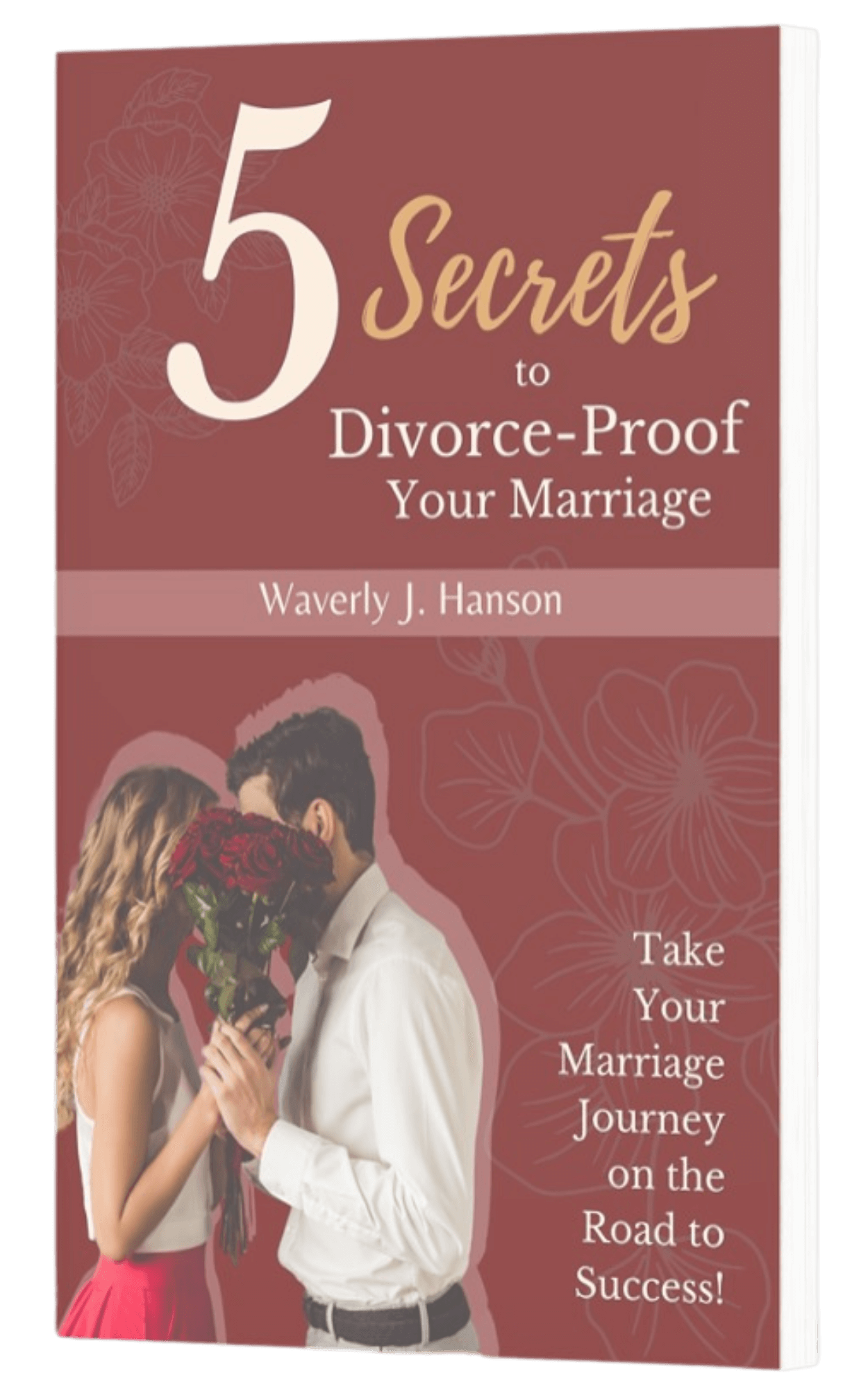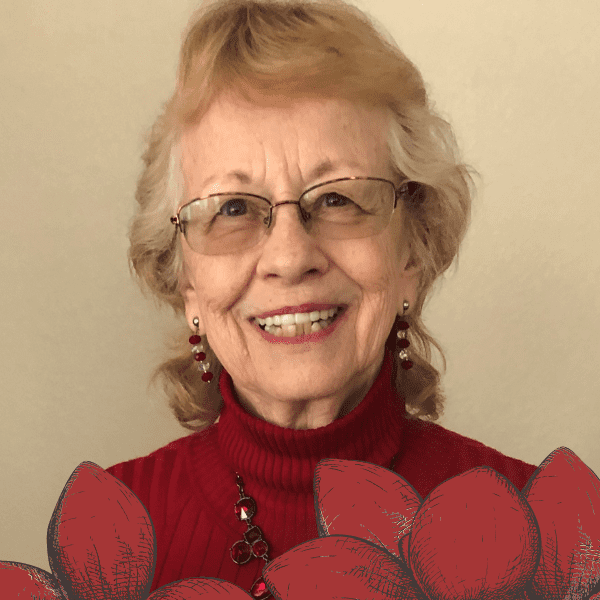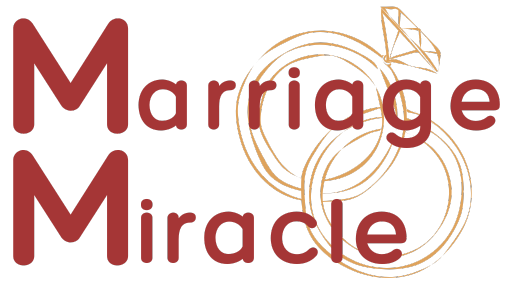Have you ever asked, What is counseling anyway?
Maybe instead you’ve said something like the following:
- We don’t need counseling
- We don’t want some outsider getting in our business
- We can solve our own problems
- Counseling won’t do any good anyway
- Actually, we don’t really have any real problems anyway
- Agree to counseling, but then never keep the appointment
Unfortunately, sometimes these statements are made after a big fight and the threat of divorce. Talk about confusing you or causing you to feel out of it or what is really going on here?
I just had a client like this within the last couple months. It sure made her ask, If we don’t have any problems, why were you asking for a divorce?
As usual, after the blowup, he acted as if he had never made that statement.
When these types of things occur in your marriage or the life of a friend, you know they are signs of serious problems. However, often a couple, or one of the spouses, prefers to figuratively put their heads in the sand and act like there is nothing wrong at all.
Unfortunately, your marriage problems don’t just go away by themselves. Usually the problems only get worse. Those problems could have been solved in less time earlier than they can be when they have worsened.
Sometimes, when people begin to consider getting help for their marriage, they ask questions like, What is counseling?
Different people have different views on exactly what counseling is and I won’t bore you by attempting to explain all the different schools of thought or the training required to become a professional in this field.
When you begin to understand what counseling actually is, the next question is often What are the types of counseling?
However, I do want to share with you briefly, that in general, there are different mindsets around getting relationship help.
The general public often seems to come in with the idea that the counselor will straighten out their spouse. Another common idea is that the counselor will be the judge and jury and declare who is wrong in the relationship.
Another common myth or error in thinking is that both have to come to counseling for the couple to be helped. It is great if both will come, but if not, it often works well for the one most motivated to come alone.
What then happens is this individual learns new communication and caring approaches. When this spouse begins to totally change the way they interact with their husband or wife, that other spouse often almost automatically also begins to change their style as well.
Following are tips to help strengthen your marriage. But first, check out my products related to marriage health.

I’ve often had the experience of the lone spouse coming and the spouse who does not come begin to ask what happened at the sessions and ask if they could come along. I normally agree and offer the absent spouse at least a couple sessions of their own so they feel understood as well.
Rather than go into a long explanation, if you just think of searching for a marriage-friendly counselor or coach, that is the easiest way to describe what is needed. Don’t be afraid to ask questions.
I can best speak about my own approach which is very positive and non-judgmental. I am very practical and use tools that actually work with couples to change the ways they are interacting with one another now. I also am able to be extremely hopeful due to my long experience with hundreds of couples who have had what I consider “miraculous” turnarounds!

Waverly Hanson
Marriage Counselor & Author
In my personal life, I have had a long successful marriage and have remarried following my husband's death. I have had three sons and helped raise a niece for three years and have seven grandchildren. I have loved spending time with them as they were growing up.
I also enjoy getting together with family and friends, ATVing in the mountains, photography, hiking, and traveling. I also enjoy reading, creating art, decorating, and serving others by volunteering.
Assisting couples in rebuilding their marriages has been so rewarding as I've had the privilege of seeing hundreds of couples reunite and get back to being positively connected to one another.
I also work with personal development and those who want to move forward by making positive improvements such as goal setting, self-care, boundaries, behavioral improvements, overcoming procrastination, conflict management, etc.

